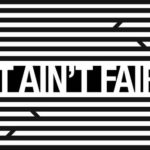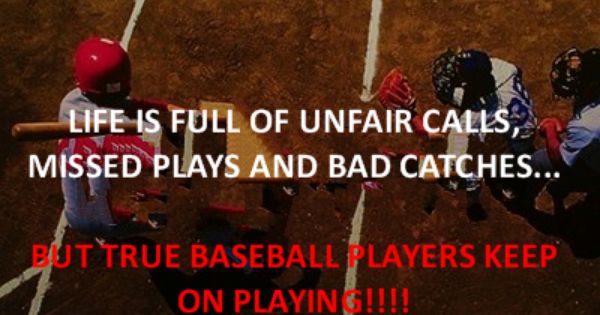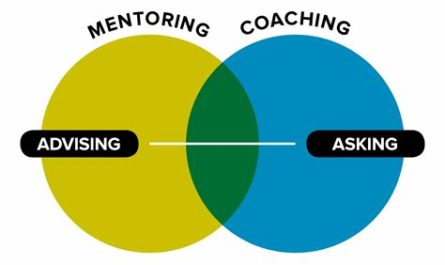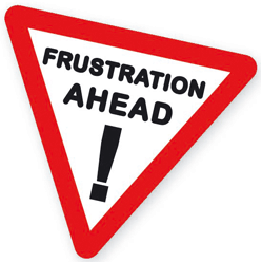Fair strikes me as an interesting albeit elusive concept.
TV’s delivery of baseball games is a good place to see this in action. On your screen behind the pitcher’s mound is a nice precise frame defining what the broadcasters believe is the “strike zone.” How many times do you observe a ball outside that box called a strike and inside that box a ball? At critical points in a game, you might even jump out of your chair and yell, “It ain’t FAIR!”
I see fairness as a subjective concept that varies across individuals, cultures, and context. What one person’s Knower/Judger perceives as fair may be deemed unfair by another’s. This subjectivity arises from the diverse values, beliefs, and experiences that shape our understanding of fairness. For instance, notions of fairness can vary across socioeconomic classes, cultures, and generations as much as the fans in a baseball game. A decision that seems fair to a wealthy individual may be viewed as unjust by someone less privileged. The pitcher’s judgment of the call may differ from the batter’s. This subjectivity makes it challenging to establish a universally applicable definition of fairness.
But the concept of fairness is deeply ingrained in human societies. From a young age (as we form our foundational K/Js), most of us were taught to strive for fairness and justice. However, despite its significance, defining fairness is an arduous task that philosophers, scholars, and individuals have grappled with for centuries.
According to Michelle Maiese and Heidi Burgess in a 2013 article:
- Procedural fairness focuses on fair processes and procedures that ensure everyone is treated fairly, regardless of the outcome. It emphasizes factors such as transparency, consistency, and due process. (The “strike zone” is an example of one parameter put in place to determine whether a pitch is a ball or a strike.)
- Distributive fairness relates to the fair distribution of resources, benefits, and opportunities. It can involve principles of equality, equity, or meritocracy, depending on the context. (g., “Mom [our coach] always liked you best.”)
- Retributive (Corrective) fairness pertains to rectifying past inequalities or addressing historical disadvantages to promote fairness in the present. It recognizes that equal treatment may not always lead to equitable outcomes. (Baseball umpires have been known to balance out a bad call with an equally bad call to the other team’s favor.)
- Social fairness considers broader societal factors, including systemic issues and structural inequalities that can impact fairness. It involves addressing societal barriers and promoting a more inclusive and just society.(One-handed baseball players tend not to fare well in competition, but don’t tell Jim Abbott. Wikipedia, accessed June 14)
I tend to remind myself whenever I find I’m irate about some ‘unfair’ public judgment or event (baseball call, prosecution or verdict of a criminal case, the car that cut in front of me at the intersection, the increase in my property taxes…), that my reaction is absolutely a knee-jerk exhibition of my K/J; as such, I could suffer from a lack of Learner/Researcher clarity in the situation. I certainly know when I pontificate from my K/J hat that I pay little attention to new data or the possibility that there are other interpretations of the situation. I’m just… not… being… FAIR!
Upon reminding myself, my L/R ultimately comes to realize that it ain’t fair when I blurt out “it ain’t FAIR”!
My K/J has been insulted. That’s all.





